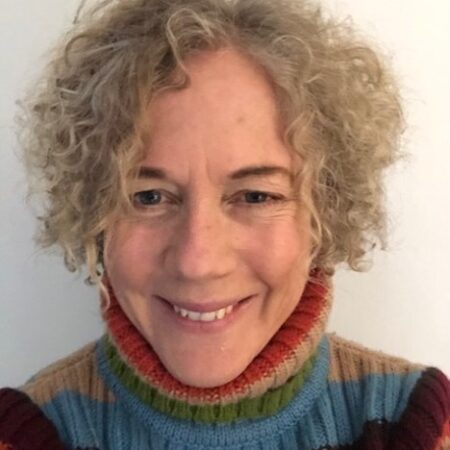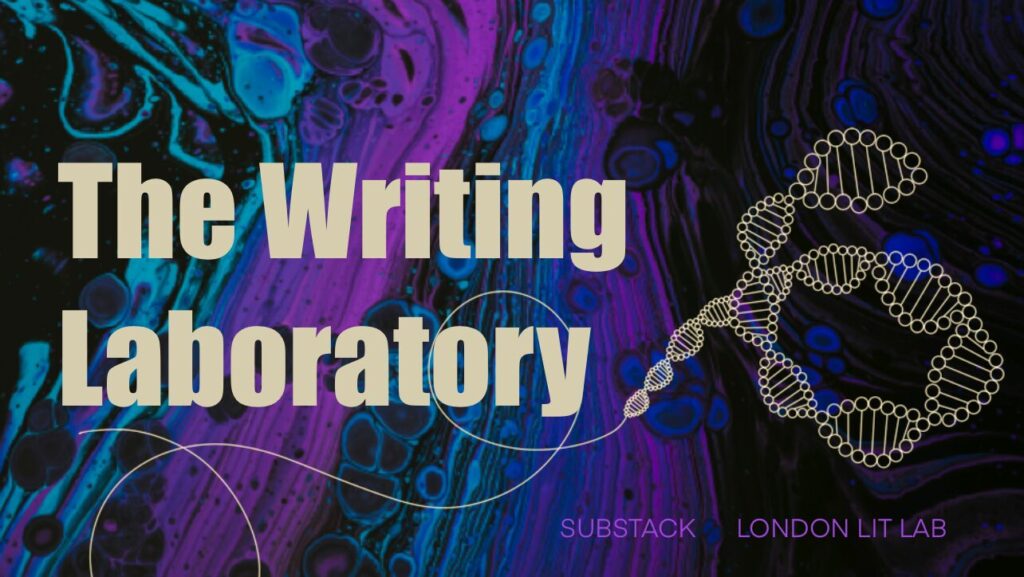Voice is each individual writer’s most powerful tool for channelling ideas. Writing with a clear voice can transform a work into one that affects readers from a deeper place, from beyond the words themselves.
Through instruction, discussion and practical application, Freeing Your Voice will guide you through techniques for both fiction and non-fiction, designed to connect with your ‘inner’ writing-self, whilst helping you identify the themes and stories that have meaning to you. This course will help you recognise the difference between the noisy, judgemental chitter-chatter of the mind, and the quieter, wiser voice of your inner writer.
By the end of the four-week course, you will have the beginnings of a piece of writing, either fiction or non-fiction, that reflects your own voice, and have the tools to breathe new life into existing writing projects.
Course outline
- Two assignments, including reading material, discussion prompts and writing exercises
- Peer feedback on your first assignment
- Detailed written feedback from the course tutor on your final assignment
- A Q+A session with Kylie Fitzpatrick
- An online writing community, lasting beyond the end of the course
This course is four weeks long and asynchronous (so you can log in and add to the discussion whenever you want) with weekly ‘windows’ of when you should read assignments, upload your work or offer and receive feedback.
Course Content
The course is designed to help you to free your writing voice: that evasive yet unique dimension of your writing identity which communicates directly with readers. Ironically, the more we try to make writing ‘better’: more sophisticated or humorous, more learned or street or experimental, the less real it can become.
In Freeing Your Voice, through selected reading materials, discussion prompts and writing exercises, we will come to identify what our writing voice really sounds like and will develop the confidence to use it authentically.
Assignment 1 – Writing in the first-person, ‘I’, is the natural first step in identifying what we really think, how our writing ‘sounds’ and what has meaning for us. Writers use first-person narration when they want to create intimacy, insight and to develop a sense of trust with readers, and this is exactly what we want to develop on this course. These are all aspects of ‘voice’. This assignment will take us right to the beating heart of our ‘inner writer’.
Assignment 2 – Having the ability to write beautiful prose is a rare gift, but this isn’t necessarily a voice. You don’t have to be a literary acrobat to write something engaging, powerful or meaningful. In this assignment we’ll write some descriptive prose to understand how to consciously use language that comes naturally to us.
What you will take away with you – It is often only when we have written and rewritten that we fully understand what it is we are writing about; it has been said that we write to find out what we think. Self-editing, or rewriting, is an intrinsic part of freeing your writing voice; going back over a piece of writing is like an archeological excavation: you never know what you might find in the next layer. In the final part of the course we’ll discover the riches to be found in rewriting.
Learning Online
The course will take place online, in a closed group on a platform called Slack. You’ll need to have internet access to receive the assignments and when you give and receive feedback. Slack is easy to use, and we’ll provide you with full instructions and guidance before the course starts. On Slack, we won’t have scheduled live chats, but there will be plenty of opportunity to interact with Kylie and the other course participants in discussion threads, throughout the four weeks.
Feedback from writer’s on Kylie’s previous course on voice:
‘Kylie is generous and attentive in her advice to writers. She manages a rare blend of gentle thoughtfulness and rigour, and has a gift of patient, kind intelligence. Kylie possesses a unique ability to perceive a given writer’s vision for a specific project, and to then tailor her guidance in that light. She is always sensitive, and has the highest degree of integrity and care.’
‘Kylie is an extremely wise and encouraging mentor. She brings her considerable experience of writing and the publishing world to her feedback, which is subtle and sure-footed, but always sensitively delivered. She’s exactly the person you want on your team.’
‘I benefited greatly from her insightful and encouraging editorial suggestions. Kylie has a keen ear for the rhythm of language and a sensitive appreciation of character.’



